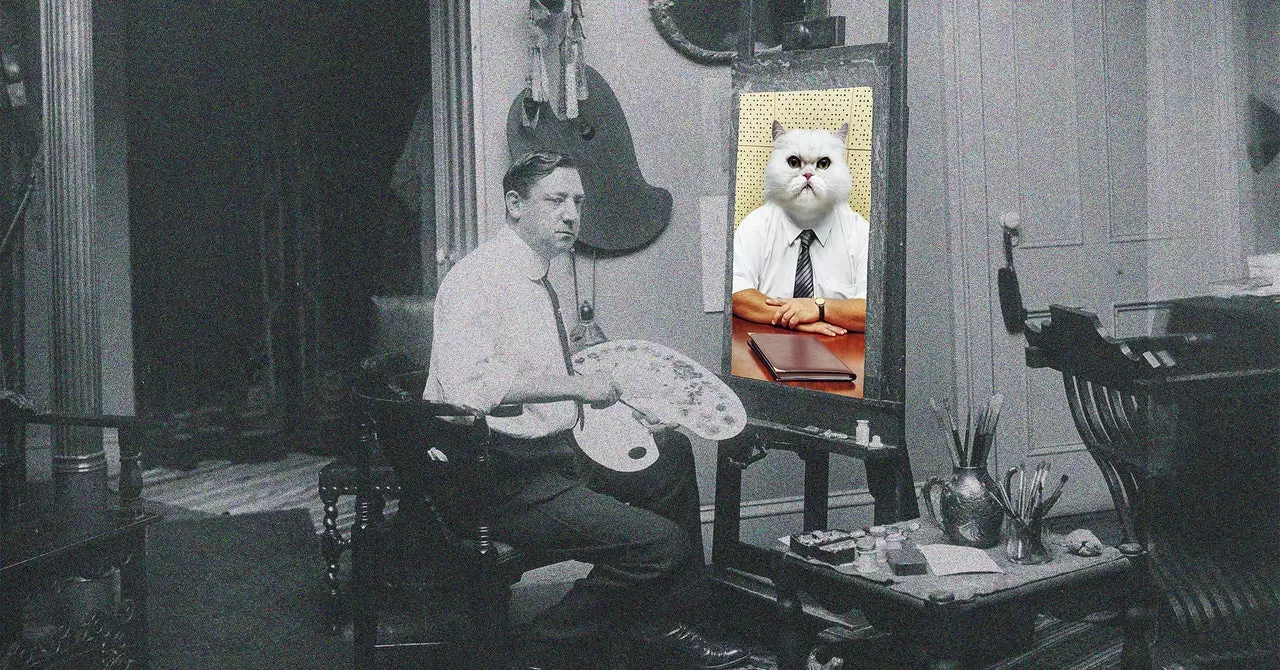The recent debate over the use of artificial intelligence (AI) in creative industries has sparked controversy and divided opinions among artists and companies alike. Procreate’s announcement of its anti-AI stance has generated a range of responses, reflecting the complex and nuanced nature of this issue.
The backlash against image and video synthesis extends beyond creative app developers, with hardware manufacturer Wacom and game publisher Wizards of the Coast facing criticism for their use of AI-generated content in marketing materials. Even toy giant Toys “R” Us received negative feedback after releasing an AI-generated commercial. These incidents highlight the ethical concerns and challenges that companies face in navigating the benefits and drawbacks of generative AI.
Procreate’s anti-AI announcement has garnered a largely positive reaction from artists and creators. Prominent figures such as Freya Holmér and Karla Ortiz expressed appreciation for Procreate’s decision, emphasizing the importance of supporting human-centric creativity. The endorsement from artists who have been vocal critics of AI image synthesis, such as R. J. Palmer, further reinforces the significance of Procreate’s stance in the ongoing debate.
Despite the support for Procreate’s anti-AI stance, some users have voiced their preference for AI tools in the creative process. Claire Silver, an AI-augmented artist, highlighted the role of AI in enhancing accessibility and innovation in art creation. This diversity of perspectives underscores the complex relationship between technology and creativity, and the need for a nuanced approach to incorporating AI in artistic practice.
For Procreate, reaffirming its commitment to human-centric creativity represents a strategic marketing move in a competitive landscape dominated by industry giant Adobe. By positioning itself as a champion of traditional artistic values, Procreate aims to differentiate itself and appeal to artists who prioritize authenticity and craftsmanship in their work. However, this decision also carries risks, as it may alienate users who rely on AI tools in their creative process.
The controversy surrounding AI in creativity reflects the broader tensions between technological innovation and artistic integrity. Procreate’s anti-AI stance has ignited a debate within the artistic community, highlighting the need for a nuanced and ethical approach to incorporating AI in creative practice. As the conversation continues to evolve, it is clear that the intersection of technology and art will shape the future of the creative industries in profound ways.

